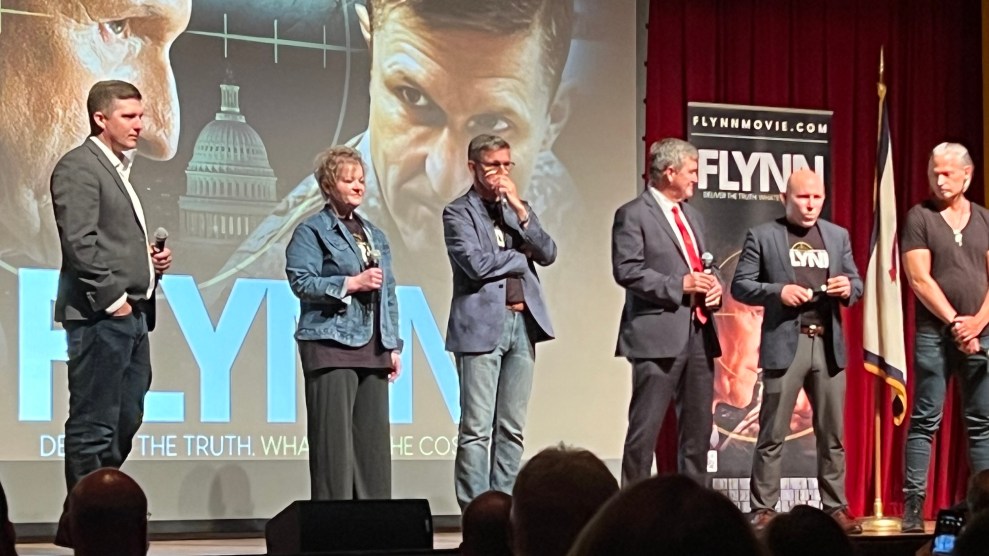The New York Times editorial page today excoriates a new campaign finance bill percolating through the house:
A shameful bill that would undo much of the post-Watergate reforms is being rushed to the House floor. It would scrap a donor’s current limit of $40,000 for candidates across a two-year cycle and let him give $2 million or more. Further, the bill would attack the more recent McCain-Feingold campaign controls by letting the national parties wheel and deal in unlimited amounts in supporting favored candidates.
Shameful? Yes, probably. At the same time, this little screed misses the larger point. The main flaw with McCain-Feingold is that it’s near-impossible to restrict the supply of political money. Campaign spending will, for better or worse, always find its way into the hands of those who want it, whether by going to the candidates directly, or through 527s, or through increasingly shadowy organizations that nestle themselves into loopholes in the tax code; Nick Confessore documented a number of these groups sometime back, including 501(c)3’s and other oddly numbered groups. If anything, all you get is a loss of accountability and transparency.
Proper campaign-finance reform would reduce the demand for political money, which involves better public financing for various political campaigns or reforms that set aside airtime for all candidates, along with full disclosure rules for giving. Bruce Ackerman and Ian Ayres have come up with one such approach with their “Patriot Dollar” idea. Fixing the money-in-politics problem isn’t easy; but any starting point should recognize that putting the clamp down on private campaign spending, while laudable, doesn’t get at the source of the problem.















